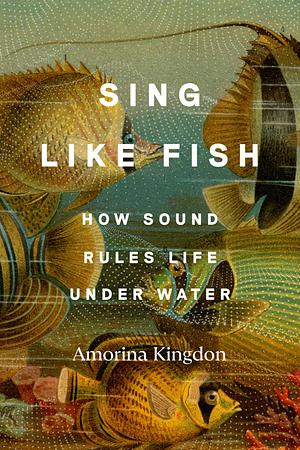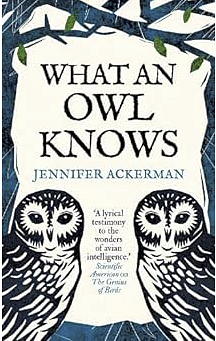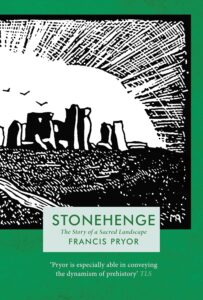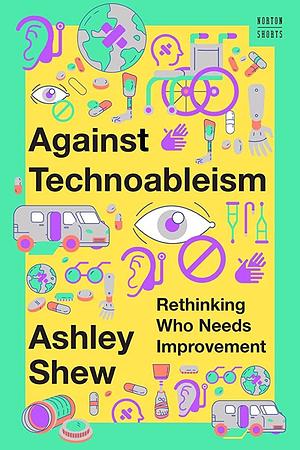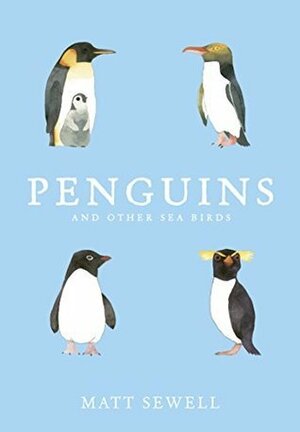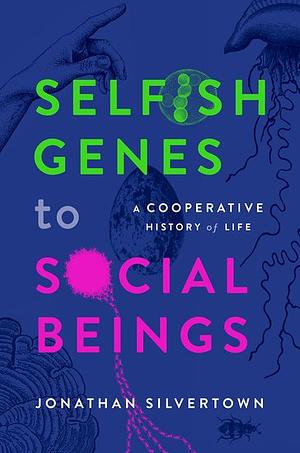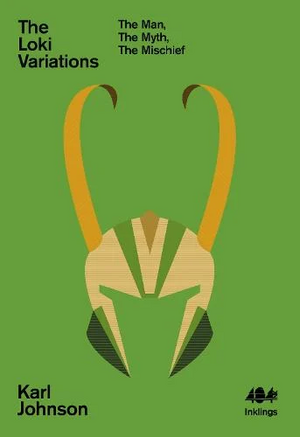
Monsters: A Fan's Dilemma
by Claire Dederer
Genres: Non-fictionPages: 257
Rating:

Synopsis:Can we love the work of Roman Polanski and Michael Jackson, Hemingway and Picasso? Should we love it? Does genius deserve special dispensation? Is history an excuse? What makes women artist monstrous? And what should we do with beauty, and with our unruly feelings about it?
I’d been meaning to read Claire Dederer’s Monsters: A Fan’s Dilemma anyway, but it became suddenly very topical for me after the in-depth reporting of the allegations of rape and abuse against Neil Gaiman. I hadn’t been a major fan of his in years, but I loved Good Omens, and connected deeply with Crowley as portrayed by David Tennant and that feels deeply tainted now — so what do I do?
(I try not to discuss anything too in-depth about specific types of abuse and monstrousness, but if you’re not in the right place for any of that, I suggest leaving this review for now.)
Dederer naturally doesn’t offer any actual answers, instead doing a fair amount of gazing at her own navel about her own heroes and monsters, and herself. I don’t mind that it’s navel-gazing, but I do mind that we have men like Polanski juxtaposed against Joni Mitchell, included because she gave her daughter up for adoption at birth, or Sylvia Plath, because she committed suicide. (Ted Hughes mentioned once, only as Sylvia Plath’s husband, not for his part in that whole situation.)
She does mention Rowling, but sparingly, and the book is seriously lacking a really monstrous female artist in a way that to me suggests lack of research: for instance, Marion Zimmer Bradley may be genre, but still a very relevant and important monster to consider for modern fans of Arthuriana and fantasy. And there have always, will always be women who behave like Amanda Palmer is alleged to have done, who knowingly enable the abuse perpetrated by their husbands and stay damningly silent.
There’s a certain amount of self-hate, I think, in Dederer’s choice of female monsters: really what she keeps trying to tell us is that she( thinks she)’s a monster (because of her alcoholism, and because she sometimes chose to shut her children out in order to work, or found herself just going through the motions and angry at her children — normal things).
In a way, the fact that she struggled to find female monsters may also reflect the fact that we give men a lot more leeway to be monsters, but mostly I think she just didn’t do any research beyond her own narrow frame of reference, and thus served us up women she thinks are monsters because she worries that she’s a monster. That’s pretty uncomfortable to read.
She does make some interesting points, likening the consumption of work by monsters to recycling: the individual agonising about it makes very little difference, almost none, under capitalism. It doesn’t address the question of the “stain” metaphor she uses, the blackening of the work because you know about the crimes of the author — but for those who can divorce the author from the work, it might offer some peace when they can’t stop treasuring something in their heart of hearts.
On which note, Dederer also writes powerfully about the fact that this is about love. We can love terrible people. Abused children often continue to love their parents. It’s hard to let go of, and it asks us to figure out where love stops, and whether we can stop it just by wanting to.
It also leaves me thinking about monsters who were made, who had monstrous things done to them which shaped even the thoughts they could think. What do we do about them? Sometimes it can change the level of culpability… I came to no conclusions there, and Dederer certainly didn’t. The book ends with the same ambiguity and same questions as it began with, or perhaps even more. The only answer can be that every person has to figure out their own answer: there is no calculator to work out how bad someone must be, what mitigations they can have, and then tell us whether to continue to love.
For me, it’s usually fairly clear-cut, but I have some blurred lines and grey areas and (yes) hypocrisy, as many people do. I didn’t find Dederer’s book helpful in clarifying that, really, but all the same, I enjoyed reading it, for a certain value of “enjoy”.
Rating: 4/5

